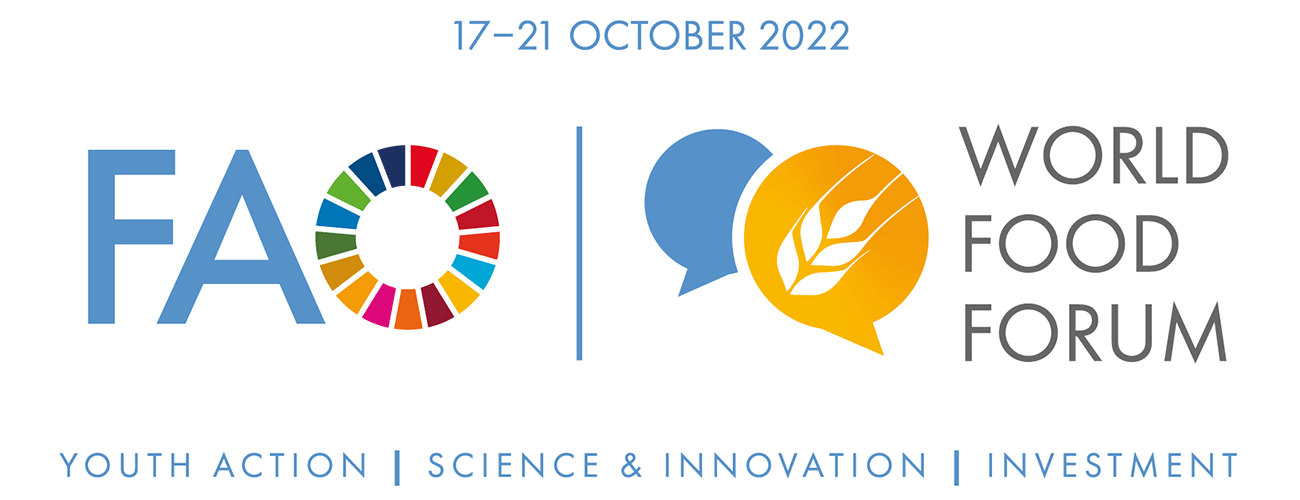
Brings young people together in a safe and inclusive space to discuss, advocate and co-identify priorities and solutions on the way forward to catalyze the transformation of agrifood systems. Under the 2022 theme “Healthy Diets. Healthy Planet.”, the Global Youth Forum aims to:
- Find solutions for food security and strengthened agrifood resilience;
- Highlight the connections between dietary and planetary health;
- Co-identify and share bold, actionable solutions to minimize and mitigate climate change impacts in our lifetime; and
- Simultaneously increase global access to safe and nutritious food and healthy diets.
The Youth Forum will do this through (i) a global youth assembly for food policy, (ii) an innovation lab for young entrepreneurs and scientists, (iii) a food education symposium and school assembly, and (iv) motivational and cultural outreach and engagement activities. It will include youth from all spheres of society and all corners of the world, including marginalized youth such as Indigenous Youth and young farmers from least developed countries.
The WFF Annual Meeting is the culmination of all the activities of the year, including policy and scientific discussions ( Youth Assembly*), innovation awards (finals of the Transformative Research Challenge, including the PPR special prize, and Startup Innovation Awards, including the Resilience Innovation Award), educational activities ( YUNGA Labs, Teachers’ Labs and School Assembly), capacity development workshops, exhibitions, side events and cultural activities. It will also introduce the newly established Young Scientists Group, made up of 20 extraordinary scientists under the age of 35, along with the global Focal Points Group of the Youth Assembly that provides strategic direction and supports the drafting process of youth positions and policies. Youth participants are expected from all members of FAO and public and private partners of the WFF, including Indigenous Youth and representatives of other vulnerable communities.
*Four days of Youth Assembly topics include i) presenting regional compendiums highlighting the youth policy priorities ii) drafting thematic policy papers for discussion – Water (to be presented at UN Water), COP27.
- Policy outcomes in the various fields of food and agriculture, including water and climate, that can be taken up and advocated – to be further transformed into action and advised to FAO, UN and partners;
- Innovative youth-led solutions and ideas that can be scaled-up;
- Educational reform proposals for better agrifood systems education, based on behavioural science and school curricula;
- A growing global movement of youth and young-at-heart allies for the transformation of our agrifood systems towards a better food future for all, leaving no-one behind.
